The Seattle Times
By: Senator Joe Fain & Representative Judy Clibborn
LAST week, the Legislature defied conventional wisdom and approved a historic investment in our state’s transportation system that will benefit our region for decades.
There is a belief that big things are no longer possible in modern politics. We are too divided, too partisan, too concerned with winning the game — as politicians and as a country — to set differences aside and work toward a common goal. The conversation is about who’s up and who’s down, not what we are doing to make lives better for the people we serve.
For the past three years, the Legislature has been struggling to craft a transportation plan that a Republican Senate, and a Democratic House and governor could support. Divided government in Washington, D.C., paralyzes decision-makers. But in this Washington, we believed our economy and our quality of life could not endure another decade of inaction and finger pointing.
Different parts of our diverse state have different needs, and everyone wants to make sure their projects are fully funded. Sometimes these demands are mutually exclusive. For example, an advocate for greater highway investments might also demand less money for transit or bicycle projects, and vice versa. But we have to weigh each request and need against the bigger picture in our statewide transportation future.
And while everyone wants to be able to travel quickly and safely, investing in transportation is not without controversy. Raising fuel taxes is the only effective method of funding projects and services, but it also impacts households all across the state. It is not a decision any legislator makes lightly, even knowing the benefits it would bring the taxpayers.
These complicated issues, fused with the backdrop of a court mandate on school funding, led many to believe a transportation package was doomed from the beginning of this legislative session. But a “no-deal” was unacceptable to us and the millions of Washingtonians who need a safe and reliable way to get to work and move our homegrown goods to markets.
Joined by House and Senate colleagues from both sides of the aisle, we built a coalition of legislators committed to transportation investment. This was a broad group, each member with different priorities.
The result of these efforts is the largest transportation investment package in state history. It will complete critical freight corridors between the ports of Seattle and Tacoma. It will finish construction of the Highway 520 bridge. It will build and improve hundreds of miles of bicycle and walking trails, and it will give voters the opportunity to choose Sound Transit’s next steps in expanding rail service throughout our region.
It is a statewide package that includes investments in every corner of Washington, including completion of the North Spokane Corridor and dozens of other projects that will ease traffic congestion, increase freight mobility to improve Washington’s trade corridors, and get people to work faster and back home sooner, while creating tens of thousands of well-paying jobs.
The package also includes reforms to the way our state transportation department operates. State government must use taxpayer dollars effectively and efficiently. The Legislature adopted changes that will drive down the cost of ferryboat construction, reduce redundant permits and lengthy regulatory delays, and set congestion-relief goals on our clogged highways — among several other significant advances in the way we do business.
The package also includes a provision that would cut about $1 billion in funding for public transit and pedestrian projects if the governor adopts new fuel standards — which some believe could cause gas prices to climb — to address problems associated with climate change. While not supportive of this provision, the governor’s acceptance of a package with it included is another example of compromise in action.
These negotiations were difficult in substance, but they were rarely difficult in style. We knew compromise was needed and that no side could feel as if they had lost.
There is a dangerous belief that is seeping into our modern political culture: “Compromise” is a dirty word in many circles. To some it means “weakness” or “unprincipled.” To us it means progress and building a better Washington that works for everyone.
State Sen. Joe Fain, R-Auburn, represents South King County and serves as Senate majority floor leader and vice chair of the Senate Transportation Committee. Rep. Judy Clibborn, D-Mercer Island, represents East King County and serves as chair of the House Transportation Committee.

